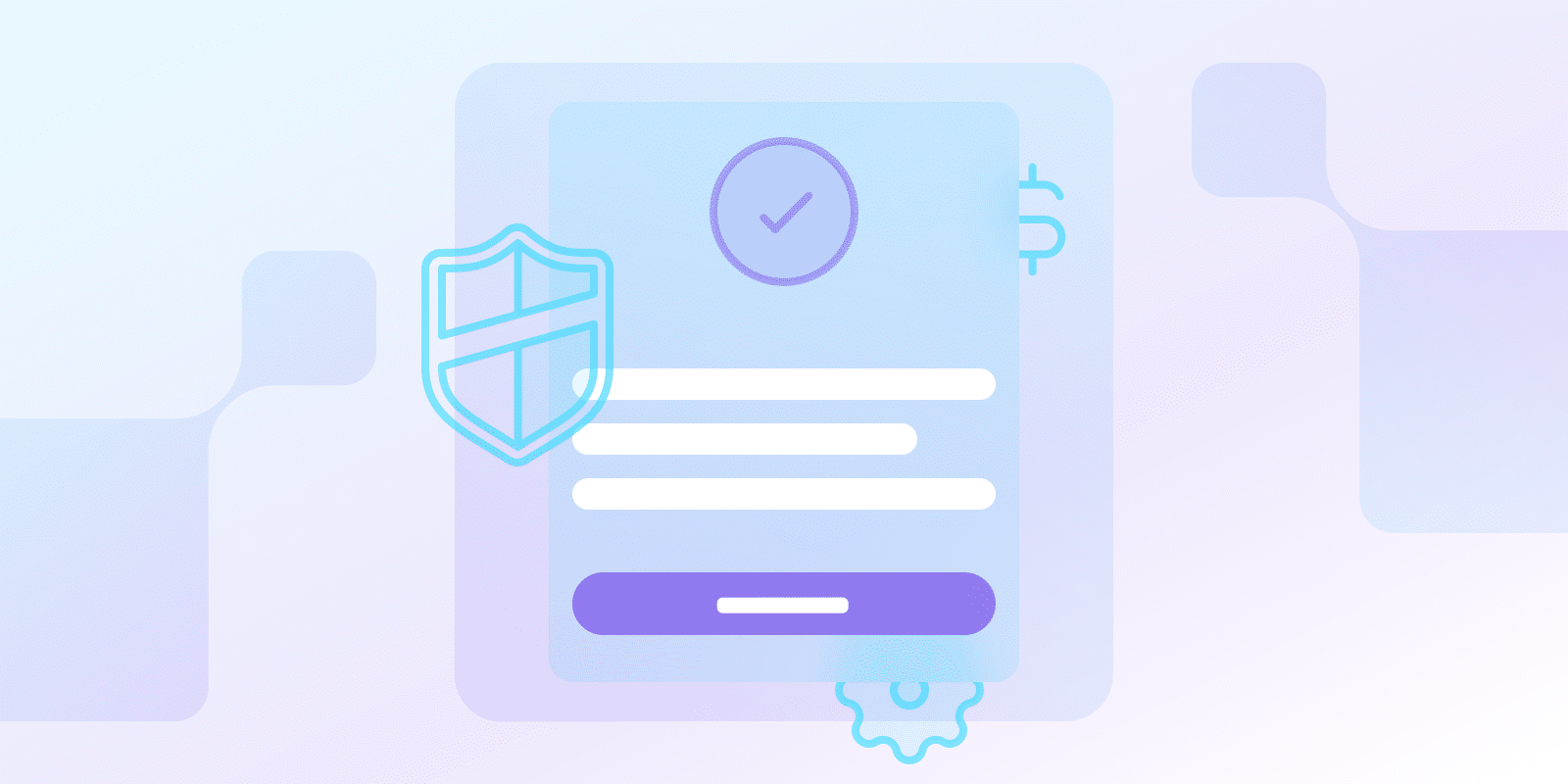Legal and Compliance
What are SaaS Contracts and Agreements?

What are SaaS contracts?
SaaS contracts are enforceable agreements between two parties prepared by software providers to state the terms of using their service. These contracts clarify responsibilities on both sides, ensure each party’s protection, and explain how the software will operate.
What is important in a SaaS agreement?
These components should be carefully outlined in a SaaS agreement.
- Service Information: Covers the scope of the cloud-based software and the features included.
- Pricing and Payment Models: Outlines subscription models, payment arrangements, and policies for late payments.
- Data Security: Clearly define who has access to user data, how it’s used and protected, and the security measures installed.
- Service Level Agreements: SLAs ensure stipulated levels of software uptime and performance and issue resolutions.
- Extent of Liability: Shows the limit to which the provider or client can be liable for damages.
- Termination and Renewal: Defines the procedure for nullifying a contract or extending the relationship.
| Component | SaaS Agreement | Traditional License Agreement |
|---|---|---|
| Access & Usage | ||
| Software Location | Cloud-based access | Local installation |
| Implementation | Web browser or app access | System integration required |
| Terms & Conditions | ||
| Payment Structure | Subscription-based pricing | One-time purchase or perpetual license |
| Service Level Agreements | Includes uptime and performance metrics | Limited to software functionality |
| Data & Security | ||
| Data Ownership | Customer owns data, provider has access rights | Customer fully owns and controls data |
| Security Responsibility | Shared between provider and customer | Primary responsibility on customer |
| Updates & Maintenance | Provider handles automatically | Customer typically responsible |
Most contracts seem complex at first glance, but it’s important to understand the terms before signing anything.
Consult a legal professional if necessary to verify that you’re compliant when handling confidential data.
Is a SaaS agreement a license agreement?
SaaS agreements are quite different from conventional software license agreements. The former allows the user to access the software hosted on the cloud, while a license agreement lets you use the software locally or integrate it into your systems.
SaaS agreements usually involve terms of use that exceed a license-to-use, which is prevalent in EULAs.
Does SaaS require an EULA?
A SaaS contract may contain components of an End User License Agreement (EULA), but they’re quite broad and all-encompassing. EULAs focus squarely on how the software itself is used, while SaaS agreements enforce broader parameters within a provider-customer relationship.
Who owns the data in a SaaS agreement?
In most SaaS partnerships, the customer reserves ownership rights to their data. However, the service provider has the right to access and use the data as stated in the contract.
Some SaaS companies may use data in anonymous forms to improve data-driven decision-making.
Carefully consider the data ownership clauses stated in a SaaS contract. Ensure you understand how your data will be used and the controls in place before you sign it.
Conclusion
SaaS businesses write these contracts to guarantee a smooth user experience. To get the best results, carefully review the terms and conditions against your business needs and negotiate if possible.
Understanding the terms of the contract will help you leverage your access to SaaS solutions according to the law.